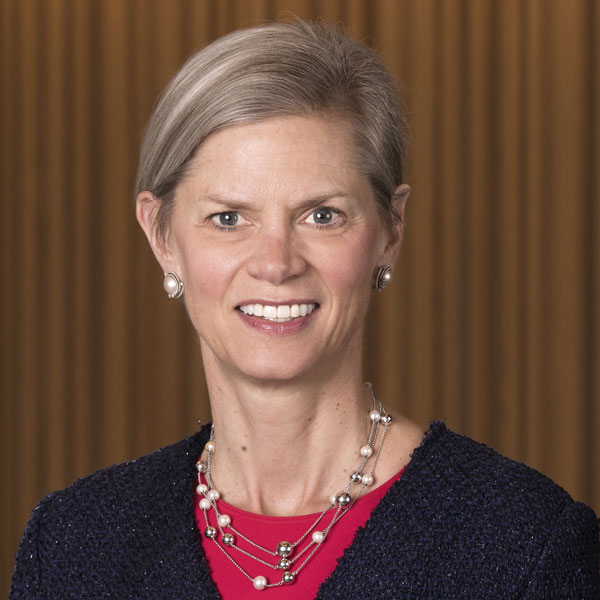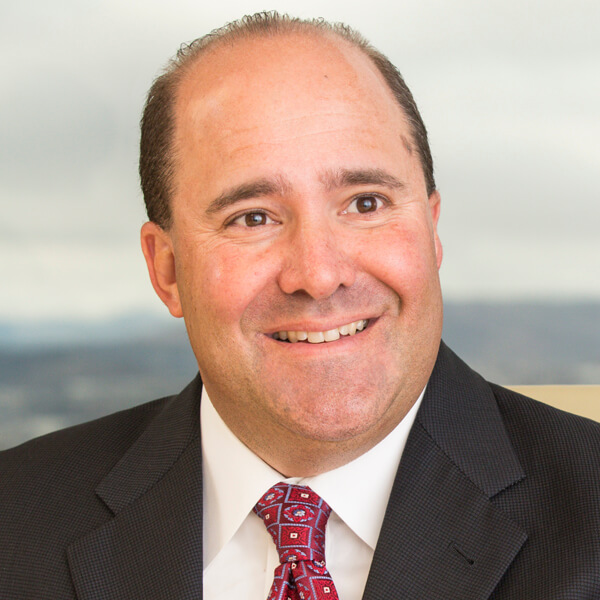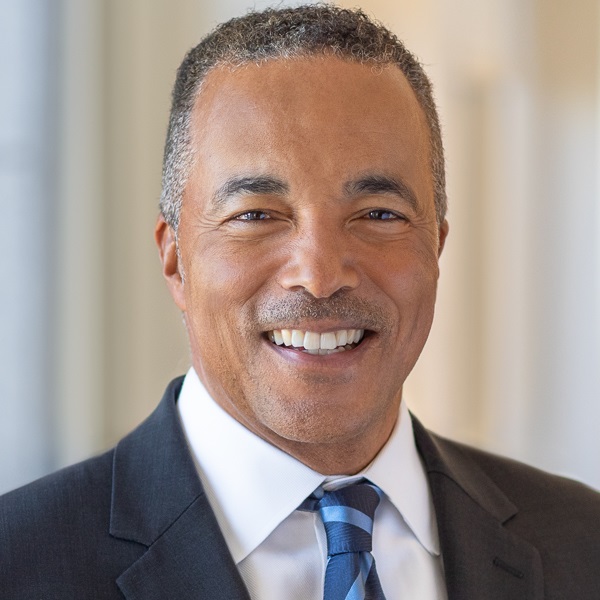3. The Art of Execution
Even the best investors make mistakes, and this 2015 book is proof of that. The key to overcoming those mistakes is how you deal with losing positions in a high-conviction investment portfolio, says Martin Jacobs, a portfolio manager with The Investment Company of America®. The book, written by fund-of-funds manager Lee Freeman-Shor, follows a group of very successful money managers. It turns out that nearly half of the group’s ideas didn’t do so well. The author reaches some interesting conclusions about that.
“It’s not whether you’re right or wrong that’s important,” Jacobs summarizes from the book. “It’s about how much money you make when you’re right, and how much money you lose when you’re wrong. Your decisions around weighting and conviction are paramount.”
The book argues for an aggressive sell discipline — or ruthlessly cutting your losses when an investment is failing. Freeman-Shor refers to these investors as “assassins” and, based on his findings, they produce some of the best results.
“One of the hardest things to do is walk away from an investment that is no longer working,” Jacobs says. “You must be able to pivot when the long-term thesis is broken.”





